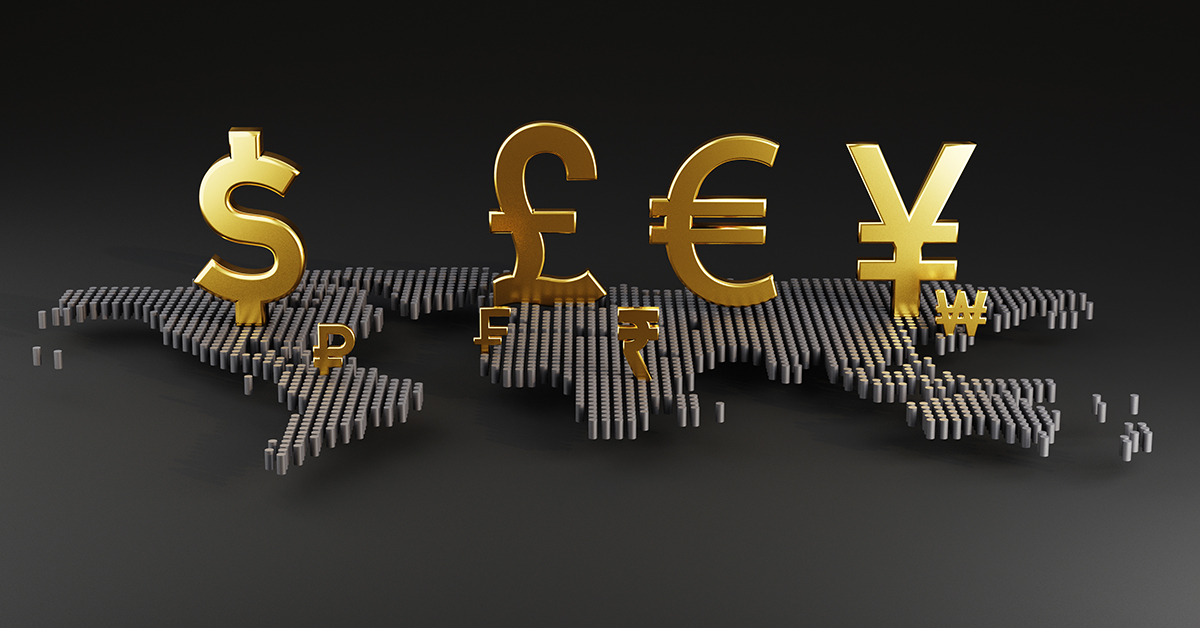30 Oct Understanding Forex Trading Definition and Essentials

What is Forex Trading?
Forex trading, short for foreign exchange trading, involves the buying and selling of currency pairs to capitalize on the fluctuations in exchange rates. In this global marketplace, currencies are traded 24 hours a day, five days a week, making it one of the most active financial markets in the world. The primary goal of forex trading is to exchange one currency for another in anticipation of making a profit. Factors impacting currency values include economic indicators, geopolitical events, and market sentiment. If you’re looking to dive deeper into this exciting field, you may want to check out the forex trading definition Best Platforms for Trading.
Key Concepts in Forex Trading
To fully grasp the concept of forex trading, it is crucial to understand a few key terms and concepts. Here are the essential components that define the forex market:
- Currency Pairs: Forex trading is conducted through currency pairs, which consist of a base currency and a quote currency. For example, in the pair EUR/USD, the Euro is the base currency while the US Dollar is the quote currency. Traders buy the base currency and sell the quote currency at the exchange rate.
- Exchange Rate: The exchange rate is the value of one currency in relation to another. Exchange rates fluctuate continuously based on supply and demand dynamics in the market.
- Spread: The spread is the difference between the bid price (buy) and the ask price (sell). It represents the broker’s fee for executing the trade.
- Leverage: Leverage allows traders to control a larger position with a smaller amount of capital. It can amplify profits, but it also increases the risk of losses.
- Margin: Margin refers to the amount of money required to open and maintain a leveraged position. It’s a form of collateral ensuring that the trader can cover potential losses.
The Forex Market Participants
The forex market is populated by various participants, each with different motivations for trading. Here are the main players:

- Institutional Investors: Large financial institutions and hedge funds that trade significant volumes and make trades based on economic forecasts.
- Banks: Central banks and commercial banks play a crucial role in the forex market, conducting transactions for clients and managing reserves.
- Retail Traders: Individual traders who aim to profit from small price movements in the market. They typically trade through online platforms and are often involved in short-term trading strategies.
- Corporations: Companies engage in forex trading primarily for international business transactions, adjusting their currency exposure for operations in foreign markets.
- Governments: National governments may intervene in the forex market to manage currency values and influence their own economies.
How to Get Started with Forex Trading
If you’re considering entering the world of forex trading, here are some steps to help you get started:
- Educate Yourself: Start by learning the basics of forex trading, including different strategies, terminologies, and analysis techniques.
- Select a Trading Platform: Choose a reputable online broker with a user-friendly trading platform. Make sure they offer educational resources and support for beginners.
- Open a Demo Account: Many brokers offer demo accounts that allow you to practice trading with virtual money. This is an excellent way to get accustomed to the trading platform without financial risk.
- Develop a Trading Plan: A solid trading plan outlines your goals, risk tolerance, and trading strategy. Stick to your plan to avoid emotional trading decisions.
- Start Trading: Once you feel confident, you can start trading with real money. Begin with small amounts and gradually increase your trading volume as you gain experience.
Risk Management in Forex Trading
Effective risk management is crucial for success in forex trading. Here are some strategies to protect your capital:
- Use Stop-Loss Orders: A stop-loss order automatically closes your position when the market moves against you by a specified amount, limiting potential losses.
- Set Take-Profit Levels: Similarly, a take-profit order closes your position when your target profit level is reached, securing gains before the market can reverse.
- Diversify Your Portfolio: Avoid putting all your capital into one currency pair. Diversifying across multiple pairs can reduce overall risk.
- Limit Leverage: While leverage can increase profits, it also magnifies losses. Use leverage wisely and choose amounts that align with your risk tolerance.
Conclusion
Forex trading offers exciting opportunities for profit, but it is essential to understand the risks involved. By grasping the definition and fundamentals of forex trading, developing a solid trading plan, and implementing effective risk management strategies, you can position yourself for success in this dynamic financial market. With ongoing education and practice, you can become a proficient trader capable of navigating the world’s currency markets.





No Comments